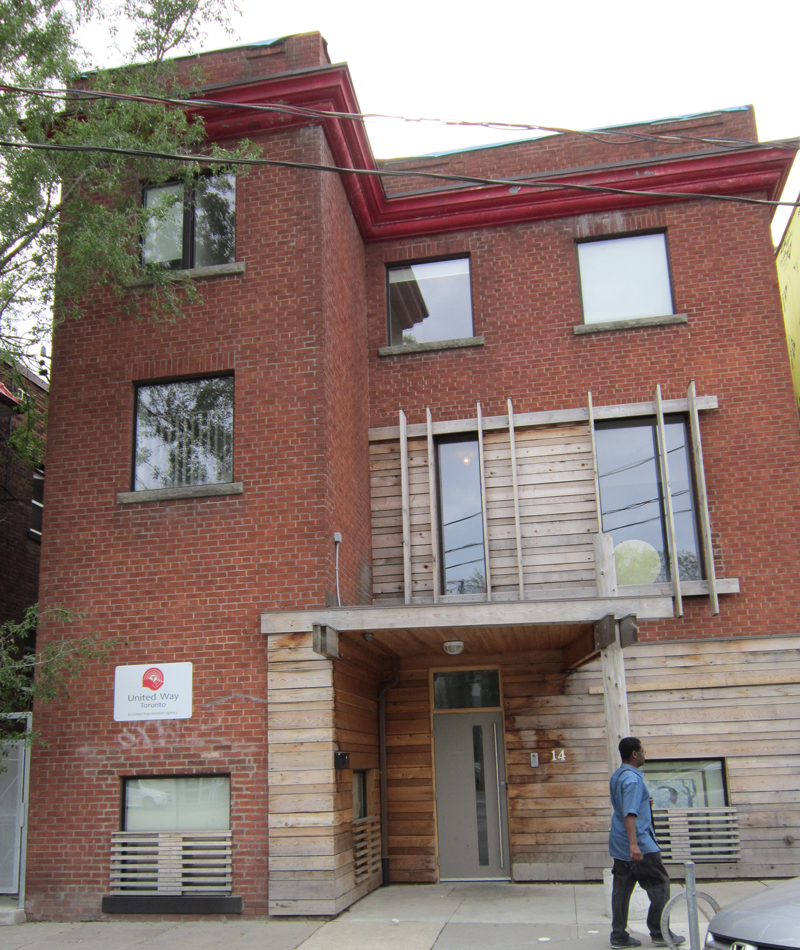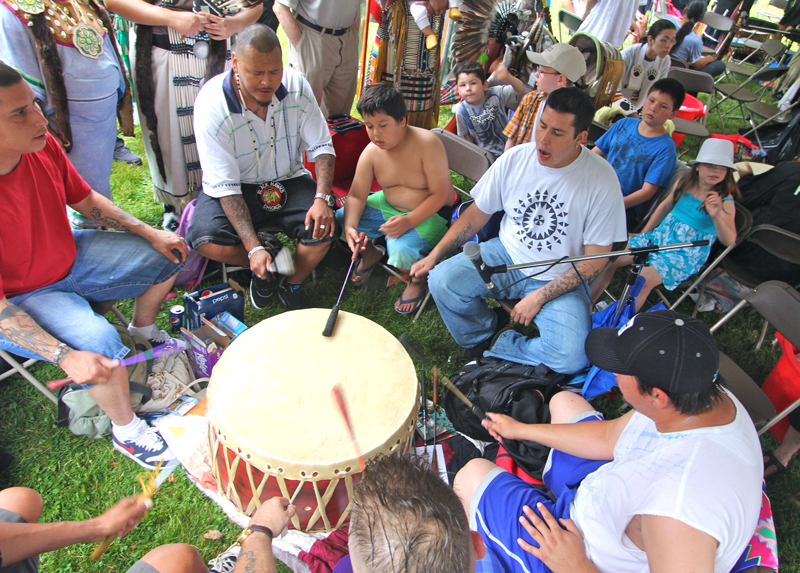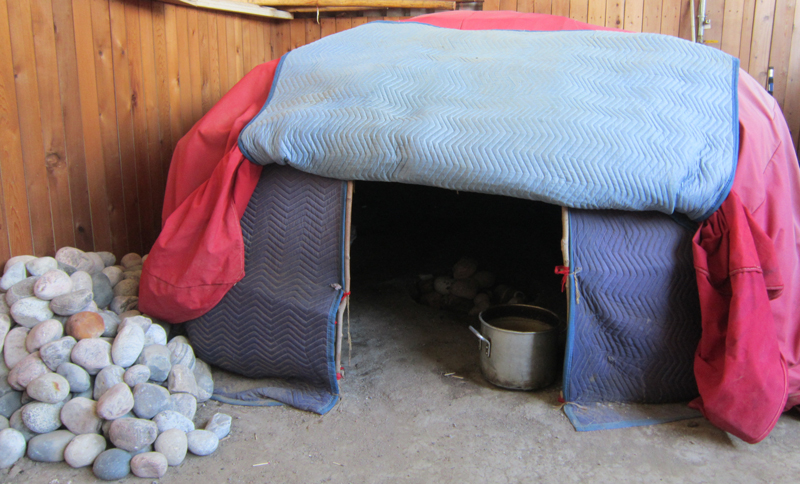Charity Spotlight: This post was provided by Steve Teekens, Executive Director of Na-Me-Res (Native Men’s Residence), as part of our ongoing charity spotlight series.
Within the homeless population of Toronto, the Aboriginal people are over represented and among the most visible members of our community. Too often they are victims of other-inflicted and self-inflicted violence, in a state of poor physical health, and in conflict with the law. Many self-medicate and are addicted to alcohol, un-prescribed medications and street drugs. Some live this way because they have special needs, but there are other factors as well. As an Aboriginal agency, Na-Me-Res is particularly cognizant of the impact of contributing social and cultural factors, including the inter-generational effects of colonization and the scars from the residential school syndrome.

Our 71 bed shelter exists to house and serve the needs of the some of these aboriginal men who are struggling on the streets. Our objective is to reduce the number of homeless, and also to prevent those at risk of becoming homeless, by equipping them with tools of empowerment, self-reliance, and economic independence. We work to build a strong foundation for our clients on their road to recovery and self-sufficiency.
Our 22 bed transitional housing service provides a safe and supportive learning and housing environment with 25 beds for Aboriginal men. Programs offered provide residents with the opportunity to develop the skills required to succeed in the broader urban environment as strong, self-confident Aboriginal men.

An example of this is Mr. Easter, a member of the Mosakahiken Cree Nation. He came to Toronto from Thunder Bay for a change of scenery. At the time of his move, he was drinking heavily and it had affected his health. He was losing his sight due to his poorly-managed diabetes, but with no local support system and no knowledge of the city and its services, he ended up hospitalized for three weeks. After his hospital stay, he was eventually referred to us at the Na-Me-Res.
Upon Mr. Easter’s arrival at our emergency shelter, his severe physical health needs and intellectual disabilities resulted in his immediate referral to our Mino Kaanjigoowin program team. With intensive and comprehensive support, he was able to lose weight and get his diabetes well controlled. This Mino Kaanjigoowin program offers a multi-disciplinary care team which includes traditional elders and teachers, medical professionals, client support workers, and community support to meet the complex needs of our clients.
Now, nearly a year after arriving in Toronto, Mr. Easter is on the verge of moving into an affordable housing unit where he will be living independently, but will still have the continued and ongoing support of the Mino Kaanjigoowin team. Before his connection to Na-Me-Res, Mr. Easter had no support system, in a new city. Now, he feels surrounded by people who care about him.
Mr. Easter is just one example of the success that comes out of our work. We are known to individuals on the streets for the quality of care we provide to our clients at our men’s shelter, our transitional housing facility and through our Outreach & Support Services. Our hope is to continue to help homeless people overcome the barriers that have contributed to their struggles and being on the streets. We aim to assist people in finding housing, keeping their housing, gaining meaningful education which leads to permanent employment, which in turn enables them to be contributing members of society.


Leave a Reply